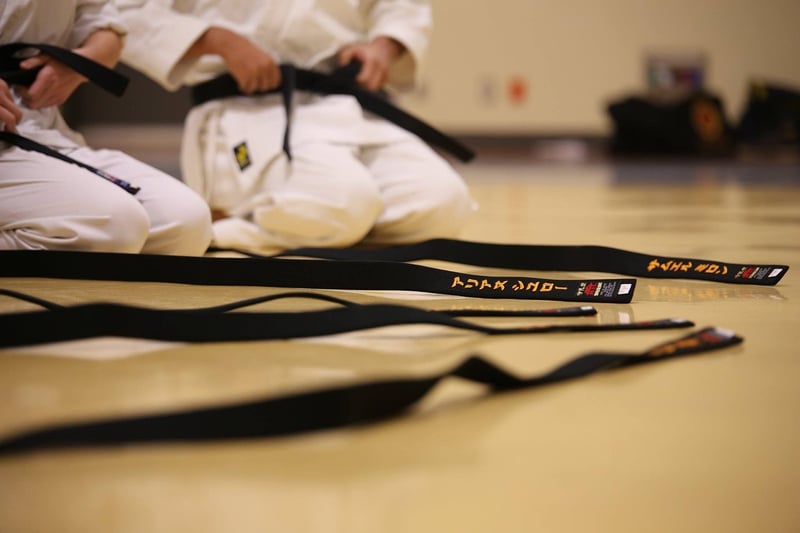Self-Defense Training
Discipline and Defense in Martial Arts + Self-Defense Training
Martial arts is not just about learning how to fight; it is a way of life that emphasizes discipline, respect, and self-improvement. One of the key aspects of martial arts training is defense techniques, which are essential for protecting oneself in dangerous situations. In this article, we will explore the importance of discipline in martial arts and the significance of self-defense training.
The Role of Discipline in Martial Arts
Discipline is the foundation of martial arts practice. It teaches students to respect their instructors, follow a code of conduct, and stay committed to their training. Through disciplined practice, martial artists develop mental toughness, focus, and perseverance, which are essential for mastering techniques and facing challenges both inside and outside the dojo.
Furthermore, discipline in martial arts extends beyond the physical aspect. It promotes values such as humility, integrity, and self-control, shaping individuals into better versions of themselves. By instilling discipline, martial arts not only enhances combat skills but also fosters personal growth and character development.
The Significance of Defense Techniques
Defense techniques are crucial components of martial arts training, as they equip practitioners with the skills to protect themselves in threatening situations. Whether facing an opponent in a sparring match or encountering a real-life threat, knowing how to defend oneself is essential for personal safety and confidence.
Effective defense techniques encompass a range of maneuvers, including blocking, parrying, evading, and countering strikes. By mastering these techniques, martial artists can neutralize attacks, create openings for counterattacks, and maintain control over confrontations. Moreover, practicing defense techniques enhances reflexes, spatial awareness, and decision-making under pressure.
Self-Defense Training for Empowerment
Self-defense training goes beyond physical techniques; it empowers individuals to protect themselves and others, build confidence, and develop situational awareness. In addition to learning practical defense skills, self-defense training focuses on risk assessment, de-escalation strategies, and understanding personal boundaries.
Self-defense training instills a sense of empowerment and autonomy, enabling individuals to navigate potentially dangerous situations with confidence and assertiveness. By fostering a proactive mindset and teaching effective communication skills, self-defense training equips individuals with the tools to stay safe and secure in various environments.
Conclusion
In conclusion, discipline and defense are integral aspects of martial arts that contribute to personal growth, self-improvement, and safety. By embracing discipline, martial artists cultivate valuable qualities that extend beyond the training mat, while mastering defense techniques equips them with the skills to protect themselves and others in challenging circumstances. Through dedicated practice and continuous learning, individuals can harness the power of martial arts for both physical and mental well-being.
Remember, martial arts is not just about fighting—it's about cultivating strength, resilience, and mindfulness both on and off the mat.


For more information on martial arts and self-defense training, consider enrolling in a reputable martial arts school or self-defense program in your area. Stay safe, stay disciplined, and keep learning!
